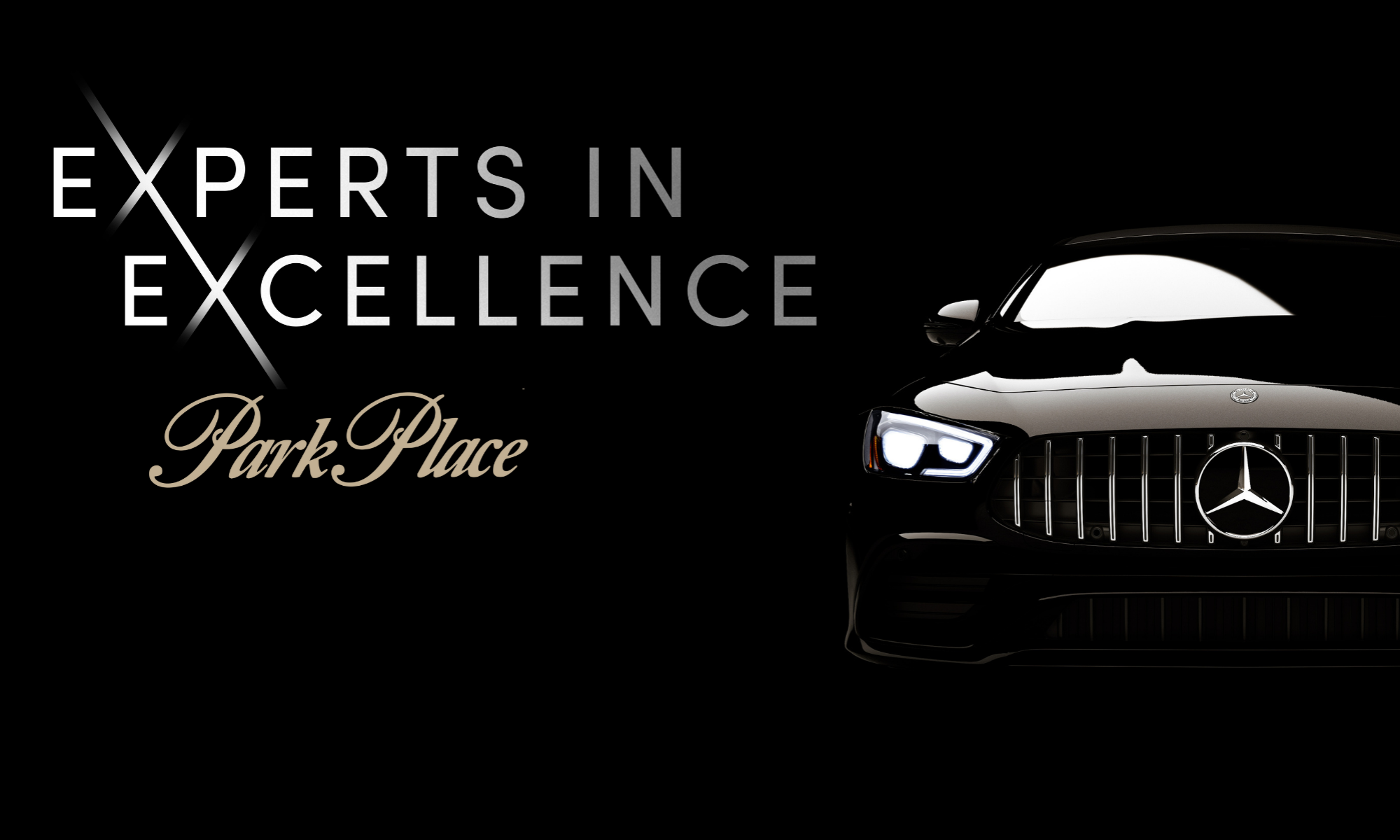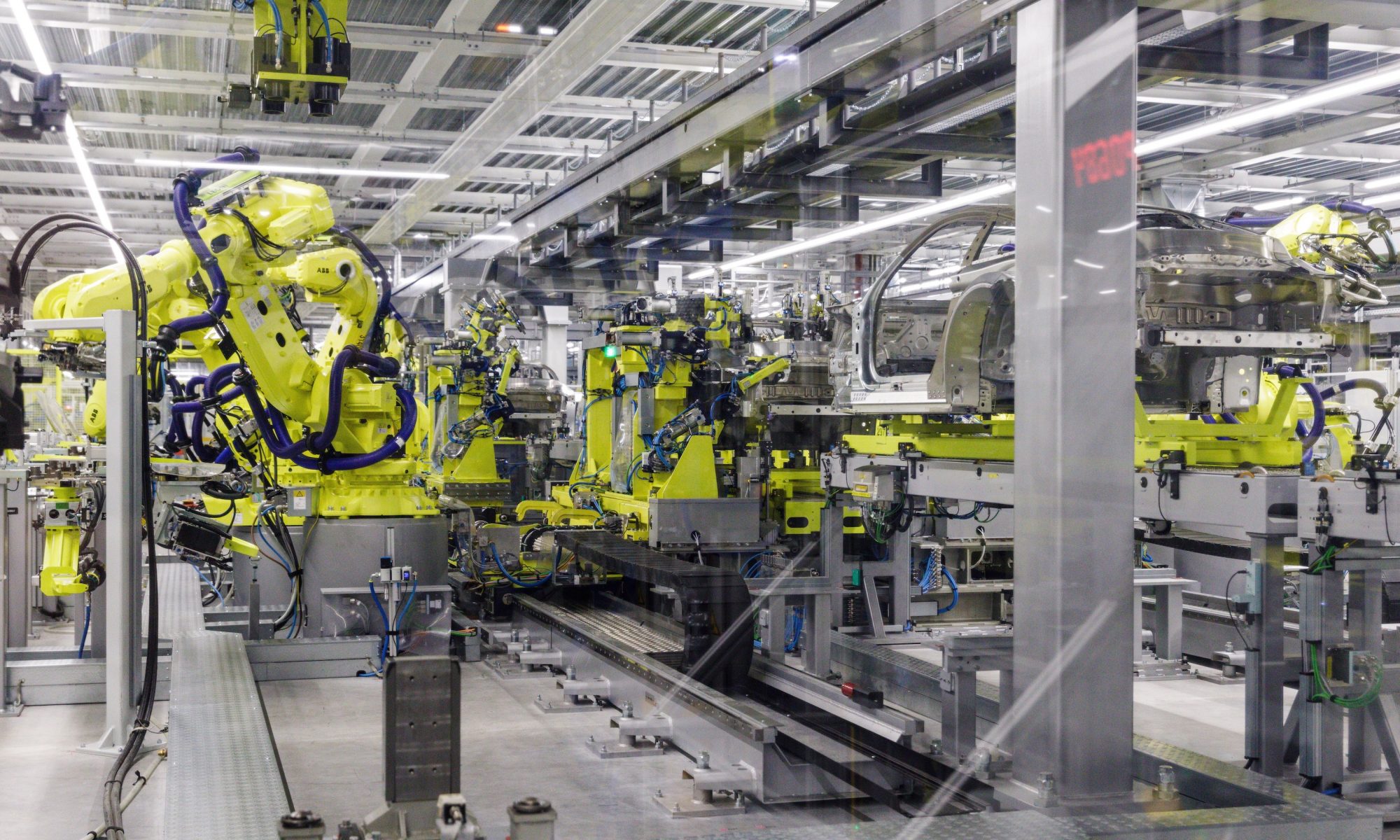Porsche is certainly staying busy, and in a good way too. In an interview with Porsche’s Executive Board member for Production, we learn about the important links between the past and future at Porsche, and about his passion for the iconic 911. Read a shortened version of the original review below.
Original Press Release and Full Interview Available Here.
Mr Reimold, you have plenty to juggle in Zuffenhausen just now – constructing a production facility for the electric Taycan, start of production of the new 911, and also increasing production efficiency overall. How would you describe a typical working day?
Very busy! I have been in the automotive industry for 30 years now, and I can honestly say that establishing a new production facility running at full capacity, with new technology and processes, on a brownfield site – in other words an urban development site – is my biggest challenge yet. And I’ve had to overcome plenty of those over the last three decades. If I had to break my working day down, I would say 20% is taken up by corporate strategy, and at least another 20% goes on production preparation for the fully electric Porsche Taycan – though start of production of the new 911 also requires a lot of attention. Then we have to consider that Leipzig is still a huge site, and keeping staff happy and motivated is also very important for me.
How do you do that; do you entertain them?
I’m not sure if “entertain” is exactly right, but certainly ensuring that our employees have a passion for Porsche is a really important task. Every Porsche should promise its buyer many years of driving pleasure, and that kind of passion and joy only gets infused into our products if employees enjoy what they do and identify with the company and its cars. That is why fostering a leadership culture is very close to my heart, and a responsibility that I take very seriously.
Compared with constructing a production plant for the electric Taycan, is the start-up of an established model such as the 911 rather a routine project?
No, there’s really no such thing with Porsche production. While we do of course seek to minimise complexity in production, assembling vehicles in 60-second production cycles is not something we are aiming for, and is certainly not how we approach the Porsche 911. We see extremely high demand for customisation of our iconic sports cars, and it goes without saying that this is reflected in production. As such, we chiefly work with suppliers who are not focused on mass production, and we expend a lot of time and energy in selection, quality assurance and control, so we always have the perfect material available in the right place at the right time. There’s no aspect that you could describe as an easy routine.
The Taycan, your first exclusively electric model, is currently dominating headlines for Porsche. We are rather worried that the 911 will become something of a stalwart – a model that only exists to maintain the brand image and make the margins needed to complete the changeover to electric…
I can put your mind at rest there. In all of its generations, the Porsche 911 has been an icon, and that will not change. We are working hard to create a new icon with the next generation 911, and we’re having a great time doing it. I’m always fascinated by just how popular our cars are with customers, especially the derivatives such as the GT3 and GT2. When I came to Zuffenhausen two and a half years ago, 200 cars a day were being built – now it is 250.
Will you increase capacity again for the new Porsche 911?
This year we have already made great strides towards increasing productivity so that we can meet market demand. As well as production optimisation, a series of Saturday shifts have also been added. We have a great system in place, which allows us to find out what orders are coming in from dealers, and with which package – this means we can plan our capacities accordingly. But we don’t want to upgrade technical production just so that we are up to 300 units; we would rather leave the line at 250 units, and continue to focus on production preparations for the Taycan.
[So you’re saying that] The 911 will stick with the classic mode of production?
Yes. Starting production of a brand-new car – like the Porsche Taycan – in a completely new production facility requires major investment in new technology, as converting existing systems is not actually cost effective per se. The situation may be different in five to ten years. Of course, production efficiency will still increase considerably with the new Porsche 911, but this improvement will take place within the existing production system.
What role does e-mobility play in the Porsche 911?
It’s still a rather minor one because customers expect the 911 to be what it is. But it’s not entirely out of mind. For example, we have designed the model to enable drivetrain electrification – hybridisation in other words, so we would be ready to implement a change like that.
What has changed for the new Porsche 911 from a production viewpoint?
Lightweight construction is a central issue, as is the plant restructuring that comes with it. For the outer shell, we have completely changed over to aluminium, and we are assembling the bodies in the new body shop which we also use to produce bodywork for the Porsche Taycan. This approach is not just about lightweight construction and increasing efficiency, but also improving the outer shell quality.
A key issue for you has been the establishment of your own tool and die shop. How important has that been in developing the outer shell?
Absolutely vital. There’s a real art to perfecting the shapes and curves of a 911: nothing is “off the peg” here. And you can’t attain perfection with generic tooling. Ultimately, we decided to start producing all our own tooling because without an in-house tool and die shop, it would not have been possible for us to switch over to aluminium bodywork.
Stay tuned to Porsche Grapevine and Park Place Porsche Dallas for new inventory updates by visiting us at ParkPlace.com.

